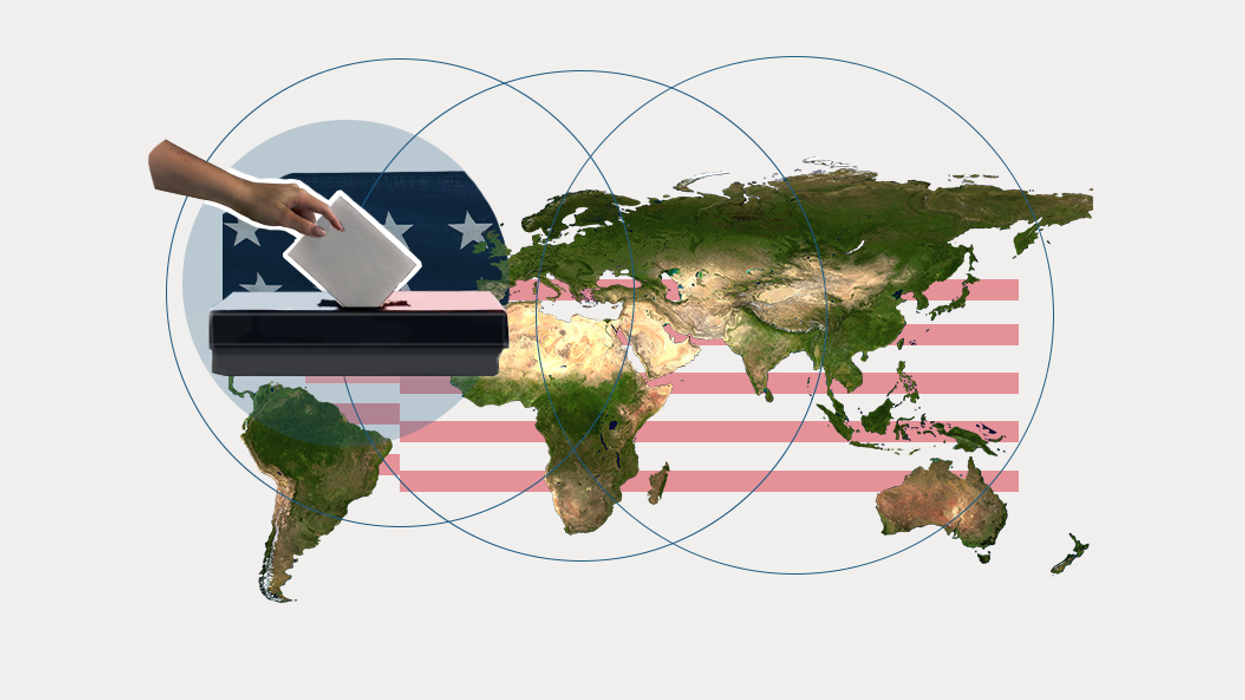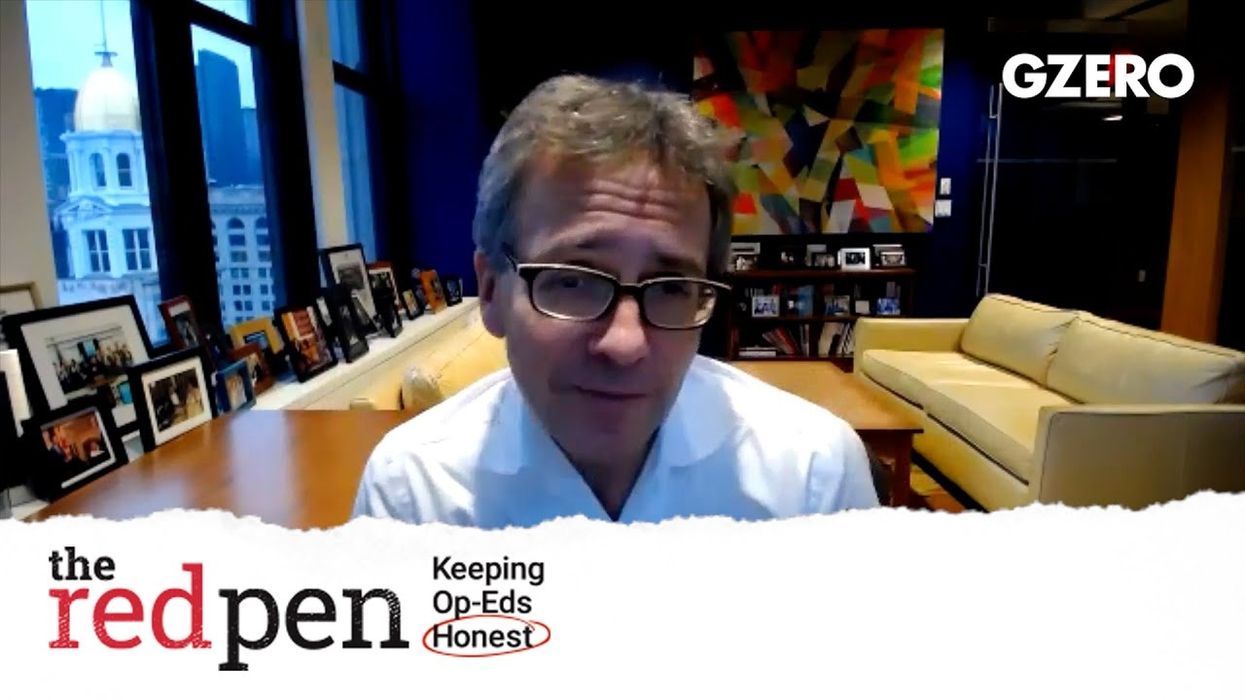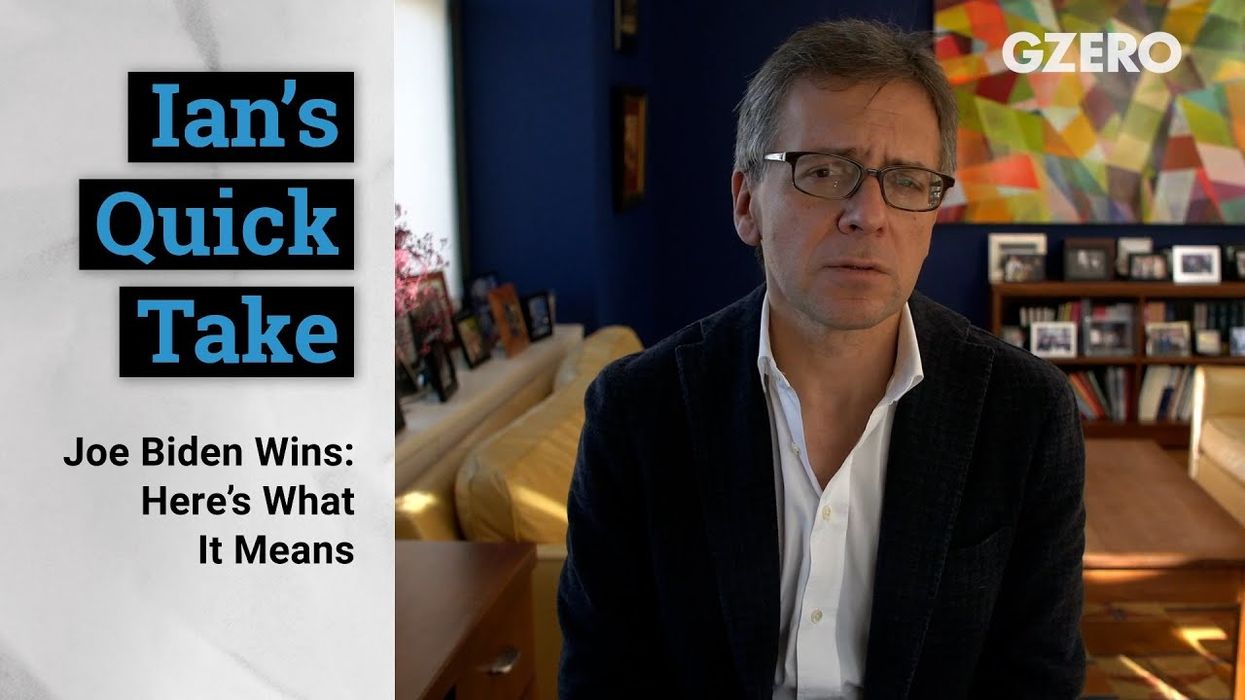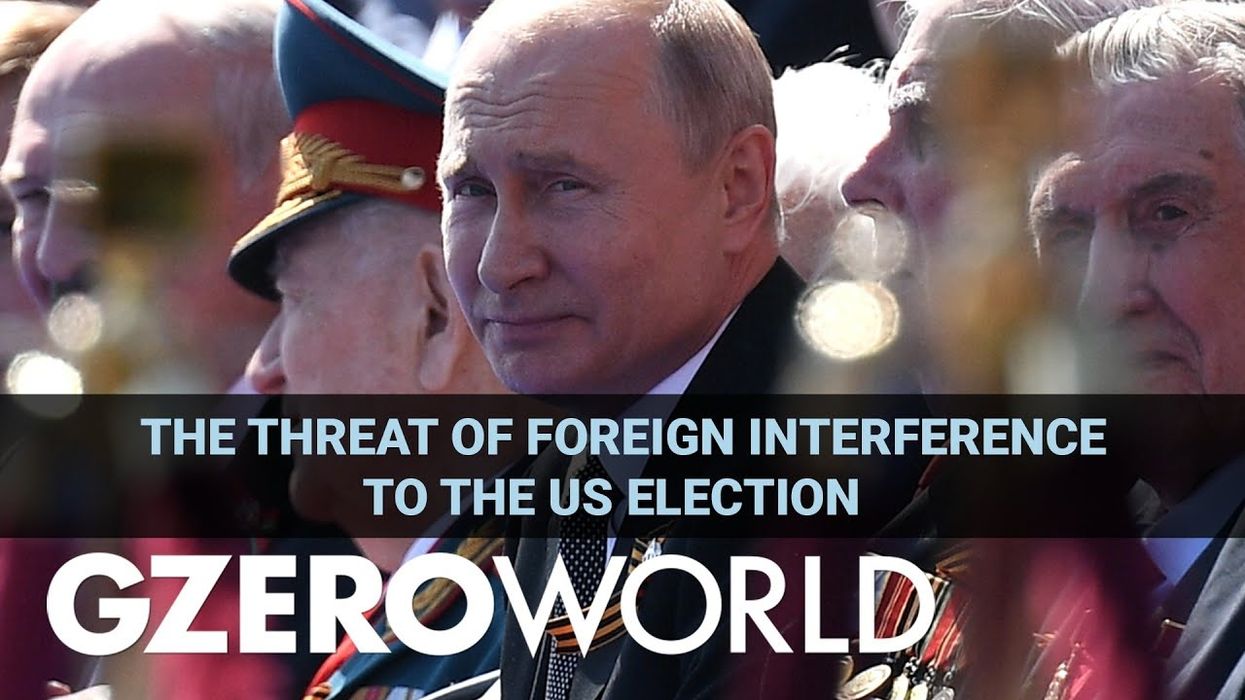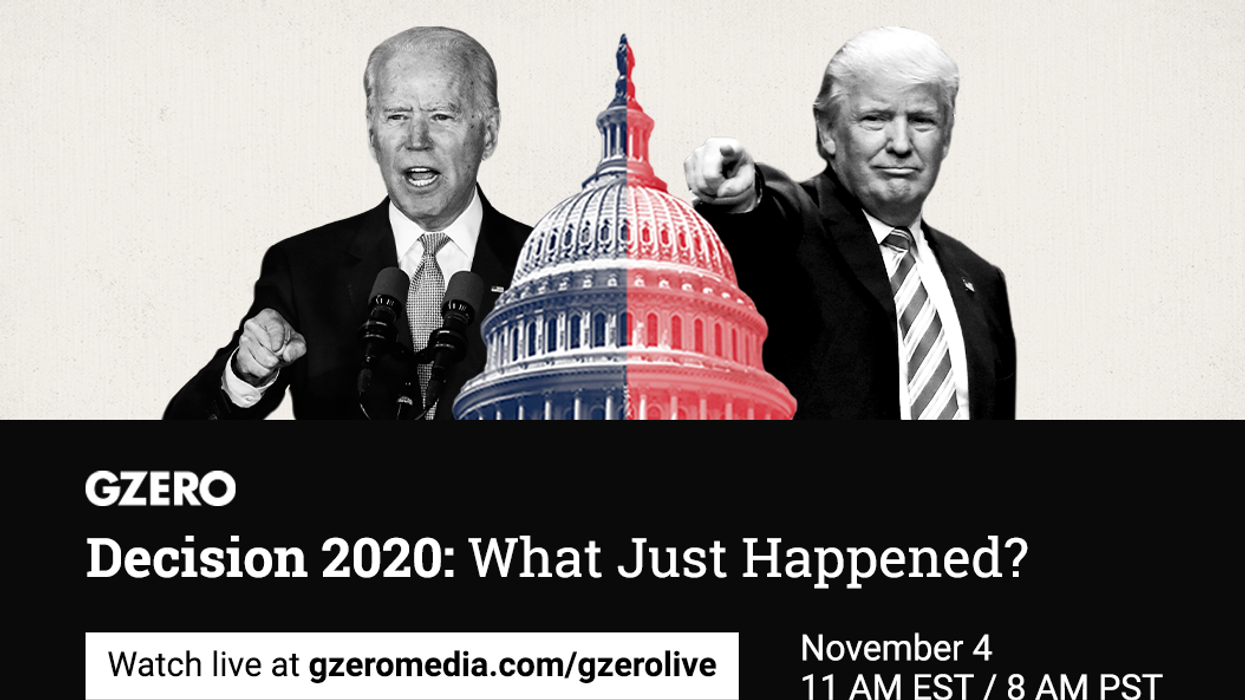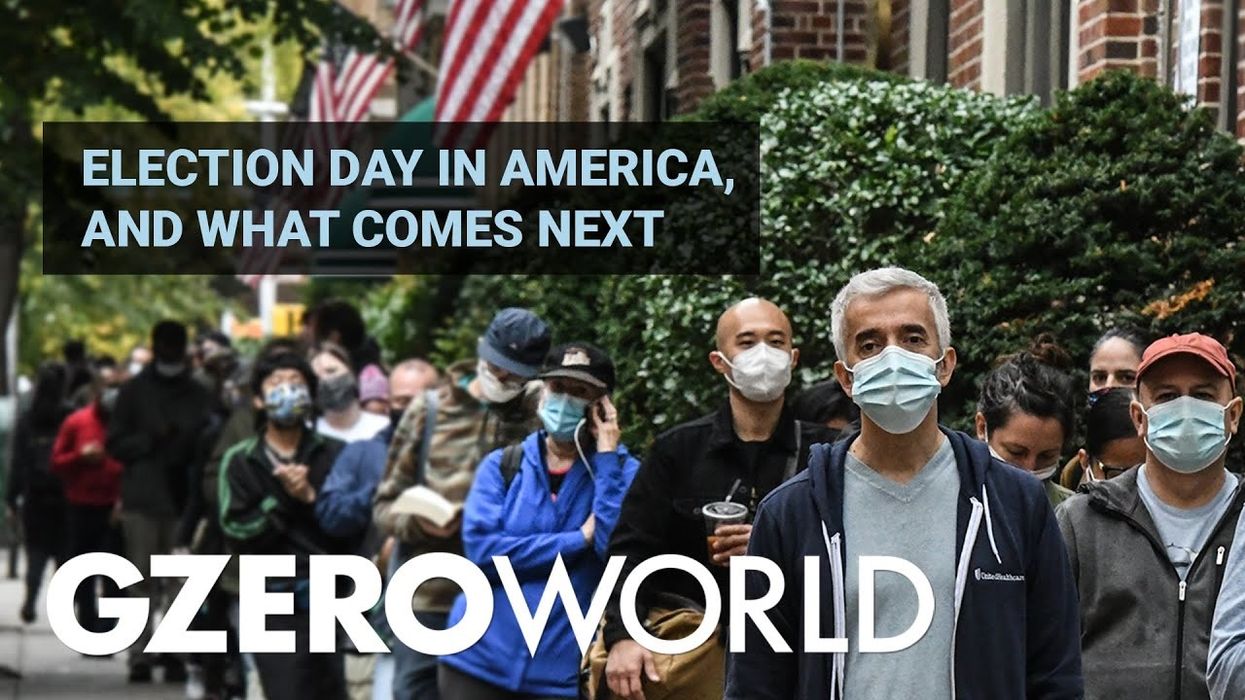GZERO World with Ian Bremmer Podcast
Podcast: What You Still May Not Know About Joe: Insights From Biden Biographer Evan Osnos
Listen: Joe Biden has been a public figure for decades but he's far from an open book. For a man who has been in national politics since the age of 29 and has made multiple attempts at the presidency (third time's a charm) it's remarkable how much he has been willing to change. In conversation with Ian Bremmer, Biden biographer and New Yorker staff writer Evan Osnos provides a deep dive into the life, legacy and potential presidency of the next leader of the free world.
Nov 21, 2020

